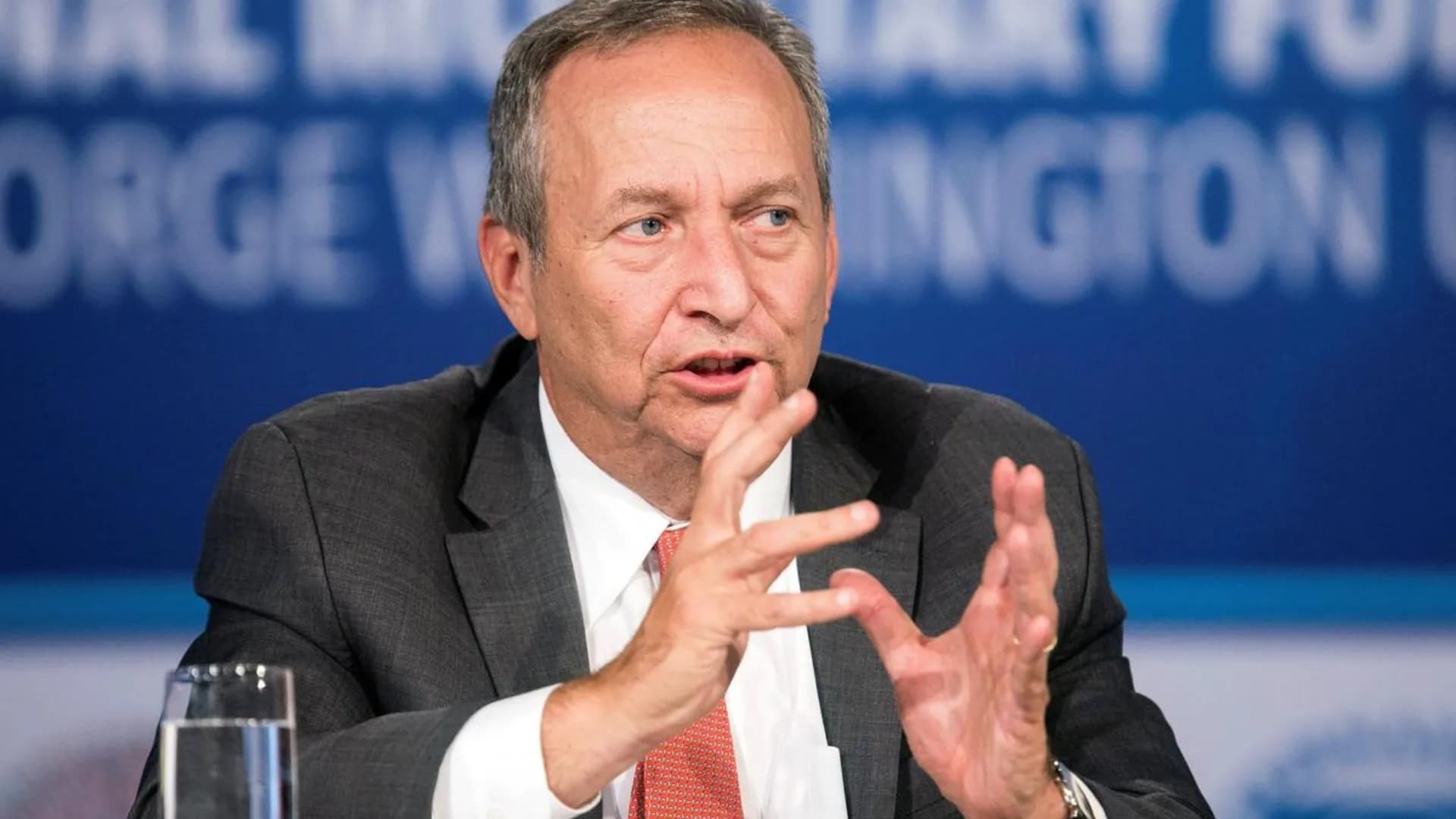- Larry Summers resigns from OpenAI board amid Epstein email fallout.
- Announces stepping back from public commitments to rebuild trust.
- Emails revealed close, controversial communications with Jeffrey Epstein.
Summers, 70, stated Monday that he will "step back" from all public activities, but it was first unclear if that was to include his work with the artificial intelligence startup.
"I am grateful for the opportunity to have served, excited about the potential of the company, and look forward to following their progress,"
Summers told CNBC and CNN in a statement.
Summers expressed his "deeply ashamed" feelings this week following the release of emails last week that showed years of interaction with the late billionaire banker and convicted sexual predator Epstein.
The AI firm claimed it respects his choice.
Former US President Bill Clinton's secretary of the US Treasury, Summers later served as director of the National Economic Council under then-President Barack Obama and president of Harvard University, an Ivy League institution, from 2001 to 2006.
"We appreciate his many contributions and the perspective he brought to the board,"
the OpenAI board of directors said in a statement.
However, it is unclear whether the White House will fully comply or whether President Donald Trump will approve the Epstein law.
How might Summers' resignation impact OpenAI governance and strategy?
Summers was viewed as part of a leadership reset after the tumultuous blasting and rehiring of CEO Sam Altman in 2023. His departure removes one of the many high- profile stabilizing numbers from the board, potentially opening questions about board cohesion and oversight effectiveness.
Summers brought macroeconomic moxie and a wealth of political connections but demanded specialized AI governance experience. His exit may consolidate calls for OpenAI to prioritize appointing board members with deeper AI and specialized moxie to strengthen governance around complex AI pitfalls and ethics.
The Epstein dispatch reproach has generated negative hype that could complicate OpenAI’s relations with investors, controllers, and the public amid growing scrutiny of AI’s societal impact and commercial translucency. Summers’ abdication comes at a moment when OpenAI is navigating expanding nonsupervisory attention and explosive product growth.

